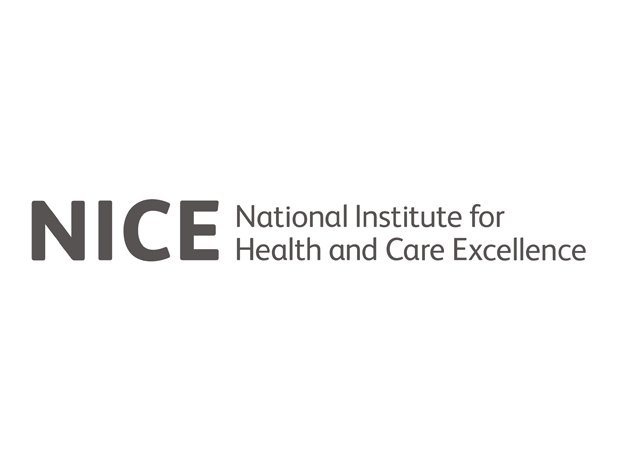NICE rejection for CSL Behring gene therapy

Therapy is a treatment option for adults with severe and moderately severe haemophilia B
The National Institute for Health and Care Excellence (NICE) has issued a draft appraisal consultation document, whichdoes not recommend CSL Behring’s gene therapy treatment Hemgenix.
Also known as etranacogene dezaparvovec, the drug is a treatment option for adults with severe and moderately severe haemophilia B (congenital factor IX deficiency) without a history of factor IX (FIX) inhibitors.
The company is disappointed with NICE’s draft decision, as results from its phase 3 HOPE-B trial demonstrated that after a single infusion of etranacogene dezaparvovec, 96% of patients discontinued routine FIX prophylaxis. This effectively meant that they no longer required regular infusions – for up to two years – to help their blood clot.
Furthermore, it also demonstrated that it could reduce or eliminate the need for routine infusions. At present, these are delivered every three to 21 days.
Clive Smith, chair of the Haemophilia Society, was in no doubt that the therapy still has future in spite of the verdict: “We are disappointed with this initial decision and hope that NICE further considers these benefits carefully and helps eligible patients to access these innovative, potentially long-lasting treatments as soon as possible.”
The treatment remains the first gene therapy to receive a licence to treat haemophilia B in the UK. This followed conditional marketing authorisation from the Medicines and Healthcare products Regulatory Agency early in 2023.
Nearly 2,000 people live with haemophilia B in the UK, while patients also require lifelong treatment of intravenous FIX in order to maintain sufficient levels. This often has a significant impact on their quality of life.
Source link
#NICE #rejection #CSL #Behring #gene #therapy